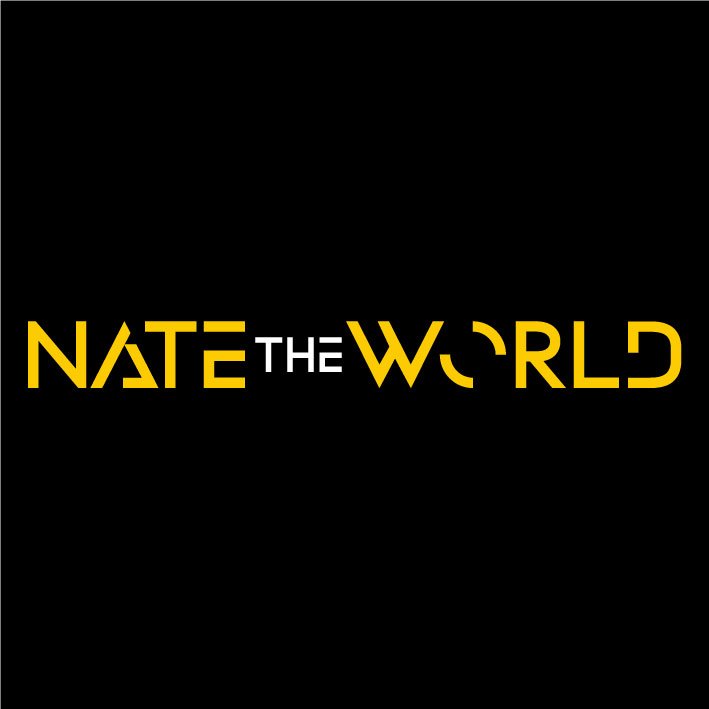William K. Clifford once said the well-known quote, “If men were better than their religions, the world would be hell, indeed.” In his work of The Ethics of Belief, my interpretation of this quote was expanded greatly. A significant question is lightly asked of, what is the basis of morality? Some may answer that it is their religion, but Clifford refutes that exact response. The correct answer, according to Clifford, is that the basis of right and wrong lies in the state of our being, or more specifically, the being of all mankind.
Throughout the work, Clifford utilizes several examples to strengthen his notion that the origin of belief cannot be founded on wrongful grounds nor insufficient evidence. In one example, a shipowner inquires the details he needs to rest in his conclusion firmly. Although his shipwrecks, his sincerity of conviction was shown through patient investigation of honestly earning his beliefs. Clifford attempts to reveal his notion of the origin of belief here. Whatever wrongful action that may tragically occur will still occur, yet the difference is rested within ourselves and the genesis of our belief. Clifford states in the first part, “The question of right or wrong has to do with the origin of belief, not the matter of it. It is easy to brush off this matter and think, “well okay, and? People are people.” Yet that is Clifford’s point...it is our duty to mankind to not stifle inquiry.
Clifford deems ignorance as a sin to mankind. Throughout his work, an analogy can be made of humanity as fabric. In the second part Clifford quotes, “We are not only injuring ourselves, but by refusing to do our part towards the building up of the fabric which shall be inherited by our children, we are tending to cut off ourselves and our race from the human line” (104). Clifford reveals our two choices: either to knit society together or to render it in pieces. Whether we desire it or not, this fabric of mankind will continue to be knit, with or without us. Why would we not fulfill our universal duty, given morality? More importantly, how would the basis of commonality be directed otherwise? The purpose found within the importance of this duty is to strengthen and to bind men together, which can establish a root of common sense or morality for the rest of life to follow.
We can refer to Descartes, “I am” and reside in that what we know is simply what we know. Clifford is not petitioning for us to go beyond our experiences, as most religions do, but to fulfill our “time-honored tradition of the human race” to not be ignorant. More specifically, do not utilize any sort of ignorance as the base grounds for any sort of belief. Willful blindness is deemed as a sin to mankind. A close comparison can be made from certain religions or contemporary religious values, and this criminalized ignorance. It is no secret that Clifford refutes dogmatic religion. I remember as a child almost being afraid to doubt any predisposed religious knowledge, because it is wrong to ‘doubt’ God. Clifford clarifies that he is not speaking of matters beyond our existence, just that the basis of integrity lies within us, so it is our duty to act upon it.
-Azlee



